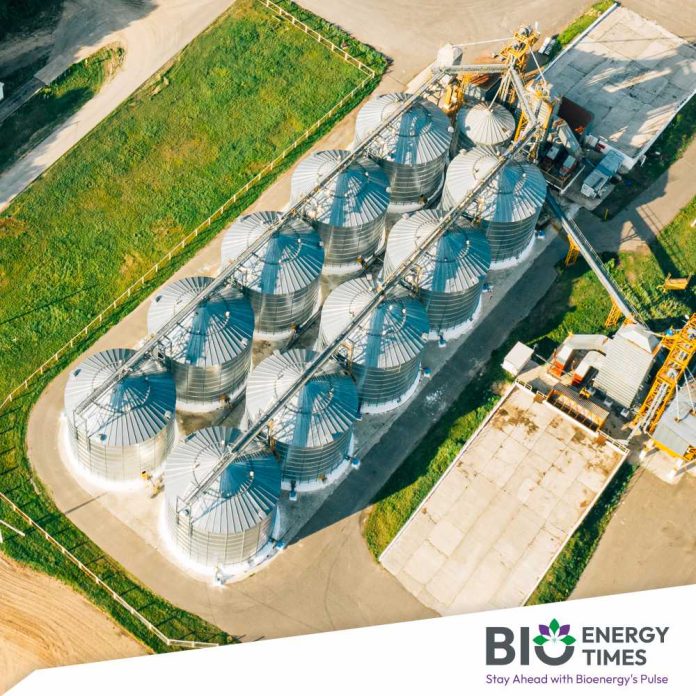Methanol is among the four key fuels and chemicals produced in the oil and gas industry. In 2022, global methanol production exceeded 111 million metric tons, marking a nearly four percent increase from the previous year, according to Statista. It finds application in everyday products such as plastics, paints, automotive components, and building materials. Methanol also serves as a fuel for vehicles, including cars, trucks, buses, ships, fuel cells, boilers, and cook stoves.
However, its production poses significant environmental challenges. The conventional method involves a catalytic process using fossil feedstocks like natural gas or coal, which emit greenhouse gases during combustion. Consequently, there is a push to explore cleaner production methods to minimize its environmental impact.
Currently, there are five types of methanol production: grey, blue, green, bio-methanol, and E-methanol, each with distinct production processes. Grey methanol is derived from non-renewable natural gas or coal, while blue methanol incorporates carbon capture and storage to mitigate emissions. Green methanol is entirely produced from renewable energy sources, and bio-methanol is sourced from sustainable biomass gasification. E-methanol is synthesized using green hydrogen and captured CO2.
Moreover, researchers from the Technical University of Denmark (DTU) have developed an innovative method for producing green methanol from biogas, which proves more efficient and cost-effective than traditional methods.
The technology converts 95% of biogas into methanol without requiring additional hydrogen, a substantial advancement over conventional green methanol production reliant on electrolysis-derived hydrogen.
“When methanol is derived from biogas, it qualifies as green methanol as it originates from renewable sources. Biogas results from the decomposition of waste from households, agriculture, and industry,” explained Associate Professor Philip Fosbøl from DTU Chemical Engineering, one of the project’s researchers.
“We convert biogas into synthesis gas, which is then used to produce methanol. Our plant can recycle and utilize CO2 alongside hydrogen to enhance methanol production,” Fosbøl added in a press release issued by DTU Chemical Engineering.















